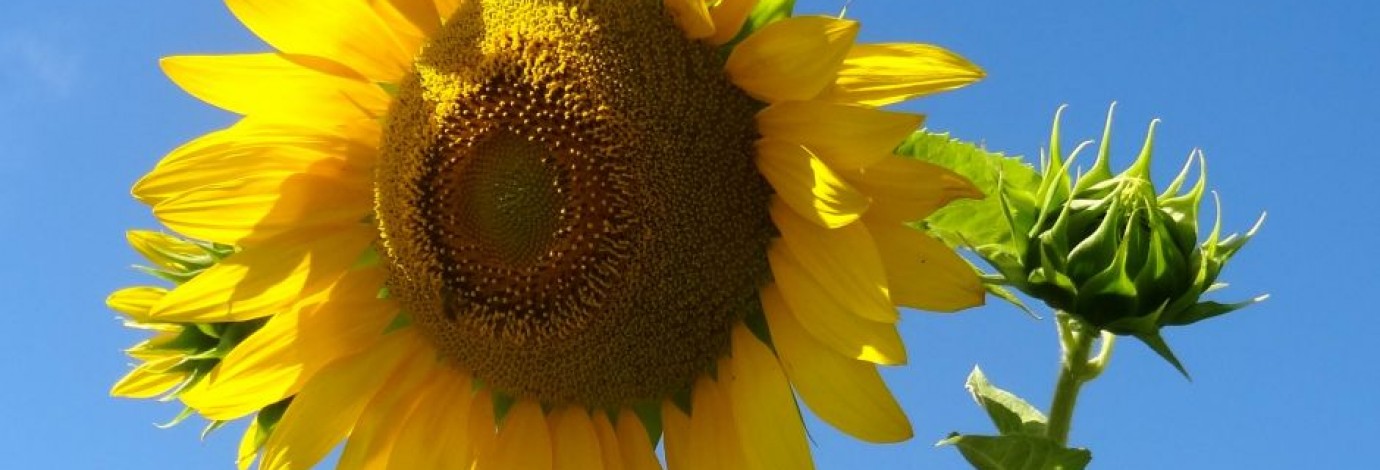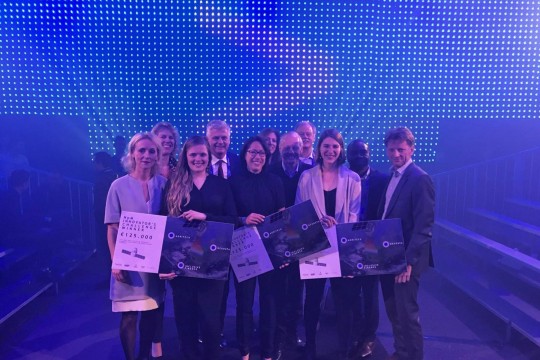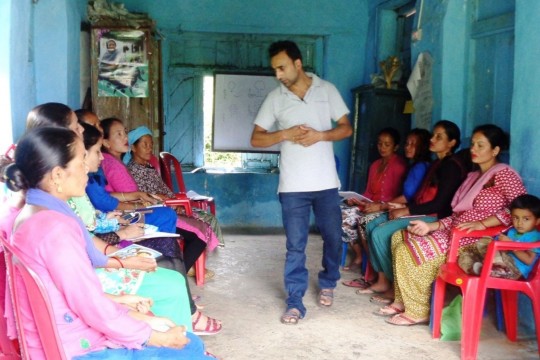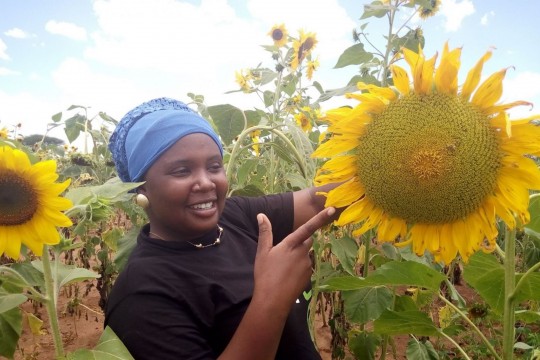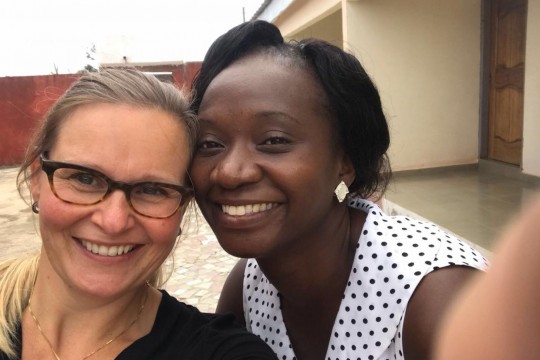Sunflower seeds offer an interesting alternative
Alizetics Ltd is one of ICS’s social businesses. It trades in sunflower seeds in Tanzania. Alizetics’ goal is to sell the harvests of small, local farmers for better prices. Just like every other business, Alizetics aims for profit, but it wouldn’t be a social business without a good balance between the financial and social gains.
Koen Hefin Stanton has recently been appointed Managing Director of Alizetics and has a wealth of experience in Tanzania. He and his wife, Jacqueline Stanton Pashley, are about to leave the Netherlands for good to set up shop in Shinyanga, Tanzania.
“Now that the cotton market in Tanzania has collapsed, sunflower seeds offer an interesting alternative”
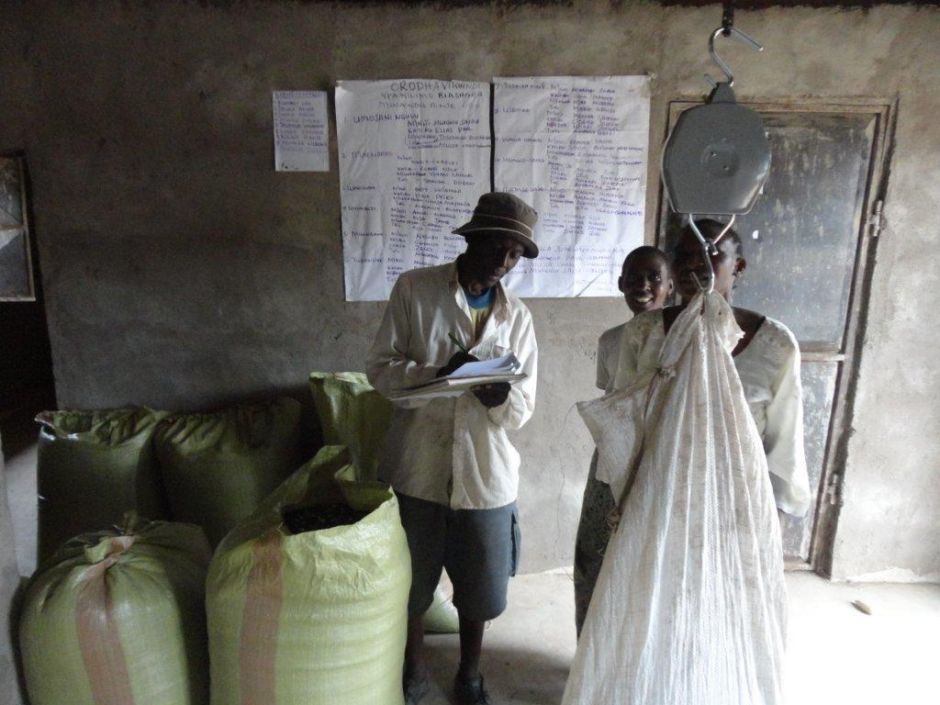
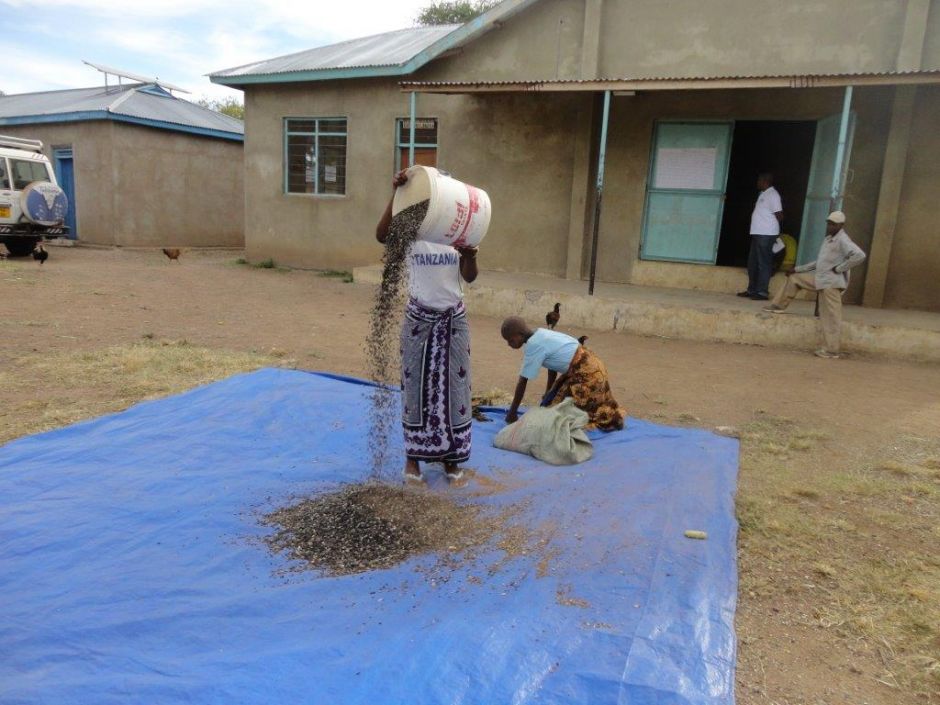
Why sunflower seeds?
“Sunflower seeds, from which oil is pressed, are a good choice for two reasons. Most Tanzanians cook their food in palm oil that’s imported from Asia. Preparing food with sunflower oil is healthier, more environmentally friendly and it can be harvested in Tanzania itself. But furthermore, this plant provides an opportunity now that cotton is failing to deliver any income. The cotton market in Tanzania has completely collapsed. Sunflower seeds are perfect to fill the gap, also because there’s not much work involved in this crop.“
In 2013 the ICS foundation started to draw farmers together to establish a trading company for sunflower seeds. In most cases farmers with a small plot of land plant half of it for their own food consumption and the other half for selling at the local market. They harvest their crops themselves and almost always by hand. Alizetics officially opened for business in 2014. In the first year farmers delivered a total of 30,000 kg of seeds, and a year later this had already grown to 450,000 kg.
Alizetics adheres to the so-called Warehouse Receipt System. How does this work exactly?
“Farmers receive a base price for their harvest right away – about 60% of the current market value. Alizetics stores the sunflower seeds and then sells at a later time, when the market price is at its optimum. After this sale the farmer gets paid the rest and so benefits from the increased value. Usually farmers sell their crops immediately because they need the money and don’t have the space for storage. Because the supply at a time like this is high, the returns are low. This system allows farmers to hold out for the right price without having to wait for payment.“
"The Warehouse Receipt System allows farmers to hold out for the best moment of sale without having to wait for payment."
“Apart from storing the seeds, Alizetics also does training courses for farmers to improve the quality of their harvest and their profits. We also advise our farmers not to sow sunflower seeds on all of their land and to change crops every season in order to prevent soil exhaustion. Farmers can purchase seedlings and fertilizer, and make payments in installments through Agrics, another one of ICS’s social businesses.“
How many farmers are affiliated with Alizetics now and what sort of developments do you expect to see?
“At the moment we have about 1,650 small farmers delivering their crops to Alizetics. Our goal is to increase that in 2015 to around 6000 farmers. The current farmers are all from the province of Simiyu, but we want to incorporate farmers from the surrounding districts in the period ahead. The news is spreading like wildfire; more and more farmers are knocking on our door as they hear about it from others.“
Where do the profits generated by Alizetics go?
“Alizetics isn’t making any profit right now. The income generated covers the costs and is reinvested in the business. If we make a profit in the future we will remit this to the ICS foundation and a shareholder, and they will subsequently reinvest it in another project that provides food security and income for small farmers.”
Koen Hefin Stanton and Jacqueline Stanton Pashley: ready for departure
